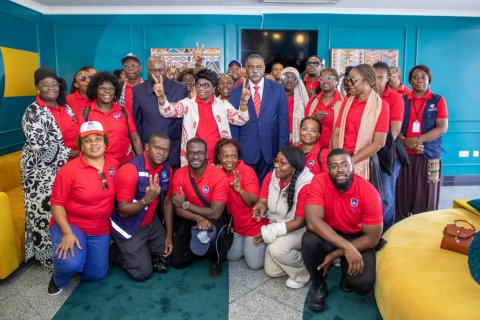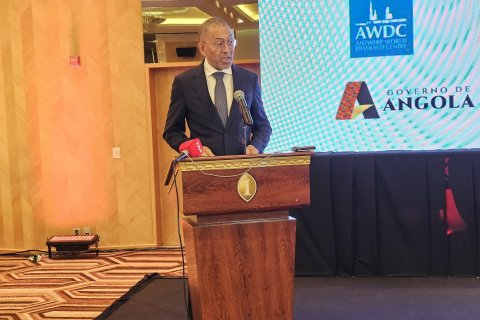According to the document that serves as a draft for the resolution that will be adopted, the General Assembly of the United Nations (UN) "decides to grant Angola, exceptionally, an additional preparatory period of three years before the effective date of graduation.
This is the graduation (or advancement) of Angola from the category of Least Developed Country (LDC) and passage to the status of Middle Income Country (MIC), which was expected in February 2021, a deadline decided by the General Assembly in 2016.
In the preliminary statement, consulted by Lusa news agency, the General Assembly "reiterates its invitation to Angola to prepare, during the additional three years between the adoption of this resolution and its graduation from the category of least developed country, its national strategy for a smooth transition."
A vote will follow for the General Assembly to adopt as a resolution the document in question, presented by Guinea, chair of the Group of 77 (G77), an intergovernmental organization of 77 developing countries.
Angola's graduation from the LDC category, which will thus be postponed until 2024, means that the country will no longer receive international support measures (ISMs) for the 47 countries currently in the category.
The UN extends its support to Angola and encourages cooperation with "bilateral, regional and multilateral development and trade partners.
In the document consulted by Lusa news agency, which will be discussed this Thursday, the UN General Assembly, made up of 193 member states, "expresses its deep concern with the prolonged economic recession that Angola has been facing and with the socio-economic vulnerabilities aggravated by the global crisis triggered by the covid-19 pandemic.
This decision took into account the six consecutive years of "recurring economic recession" and the fact that Angola "continues to be highly vulnerable to price fluctuations" of the market, being a "less developed country dependent on raw materials," according to the document.
The General Assembly "notes with grave concern the reduction in revenue resulting from the fall in prices of raw materials," reads the prepared statement, without specifying oil.
The concern is also explained by the "negative impact of the global crisis triggered by the pandemic" on the "vulnerable economy of Angola," which "further hampered the country's sustainable development progress.
For the UN it is essential that the government "accelerate economic diversification" in order to "reduce the negative impact caused in the main economic indicators and safeguard the reduction of social vulnerabilities.
For the United Nations Development Program (UNDP), a UN agency that tracks and analyzes development indices around the world, the three criteria for ranking the least advanced countries are the Gross National Product (GNP) per capita, the Human Assets Index, and the economic vulnerability index.
According to a UN report, in 2020 Angola had a GNP per capita of US$3,496, "about three times higher than the graduation limit for least advanced countries," set at US$1,230 in the triennial review.
Angola's permanent mission to the UN in New York did not respond to requests for comment made by Lusa news agency.







